Industry information
Company News
- Hyperbolic aluminum veneer: a new trend in aluminum materials and an innovator in architectural aesthetics
- Aluminum veneer: making buildings more environmentally friendly and energy-efficient
- New Talent in Aluminum Plate: Fashion Evolution of Punched Aluminum Veneer
- Fluorocarbon aluminum veneer: the fashionable "outerwear" of the construction industry
- The creative charm of punched aluminum veneer: not just the sheet metal
Industry dynamics
- Aluminum veneer: the "invisible" protagonist of modern architecture
- Punched aluminum veneer, the new aesthetic favorite of modern architecture
- Fluorocarbon aluminum veneer: the new darling of modern architecture, revealing its unique charm
- Punched aluminum veneer: the fashionable new darling of the aluminum industry
- word
Frequently asked questions
- How does aluminum veneer provide the weather resistance required for modern buildings?
- What is the sound absorption effect of aluminum veneer?
- What are the advantages of aluminum veneer compared to other building materials in modern architecture?
- Can aluminum veneer be used for building insulation design?
- Is there any restriction on the size customization of aluminum veneer?
contact us
Mobile:+86 15627778610
Email: 2201229786@qq.com
Address: No. 5 Binjiang Road, High tech Zone, Zhaoqing City, Guangdong Province
Can the insulation function of aluminum veneer be applied to commercial buildings?
- Author: Jinba Aluminum Industry (Guangdong) Co., Ltd
- Release time: February 21, 2025 18:03:45
- Click:0

Aluminum veneerAs a new type of building material, its thermal insulation function has attracted much attention. Many people are concerned about whether the insulation function of aluminum veneer is suitable for commercial buildings. This article will provide a detailed introduction to the thermal insulation function of aluminum veneer in commercial buildings from both practical applications and performance advantages.
1、 Practical application
In practical applications, the thermal insulation function of aluminum veneer can play a good role in commercial buildings. The thermal insulation function of aluminum veneer can effectively reduce the temperature changes on the exterior walls of commercial buildings, avoiding problems such as excessive air conditioning load caused by temperature changes, thereby reducing the energy consumption of buildings, improving energy utilization efficiency, and ultimately enhancing the overall sustainability of commercial buildings. The thermal insulation function of aluminum veneer can also reduce the temperature changes on the exterior walls of commercial buildings, avoiding problems such as thermal expansion and contraction caused by temperature changes, thereby ensuring the structural stability of commercial buildings. In the production process of aluminum veneer, a series of environmental protection measures are also adopted, such as recycling waste materials, further reducing the degree of environmental pollution and improving the overall sustainability of commercial buildings.
2、 Performance advantages
In addition to practical applications, the thermal insulation function of aluminum veneer also has performance advantages. With the continuous improvement of people's requirements for commercial safety and stability, more and more designers are beginning to integrate thermal insulation functions into commercial building design schemes. For example, in architectural design, using aluminum veneer as the exterior wall material can choose different ventilation structures according to different commercial uses, such as windows, ventilation openings, etc., in order to achieve better ventilation effects and improve the overall structural stability of commercial buildings. Aluminum veneer can also be combined with other building materials, such as glass curtain walls, stone curtain walls, etc., to form a more diverse and colorful architectural form, further improving the overall sustainability of commercial buildings.
3、 Conclusion
Based on the above analysis, it can be seen that the thermal insulation function of aluminum veneer can indeed play a good role in commercial buildings. Aluminum veneer can effectively improve the overall sustainability and structural stability of commercial buildings by maintaining a smooth exterior wall surface and reducing environmental impact, among other factors. Aluminum veneer can also bring opportunities for performance advantages, providing architects with more design space and possibilities. The thermal insulation function of aluminum veneer is a very practical and effective technical means, which is worthy of wide promotion and application.

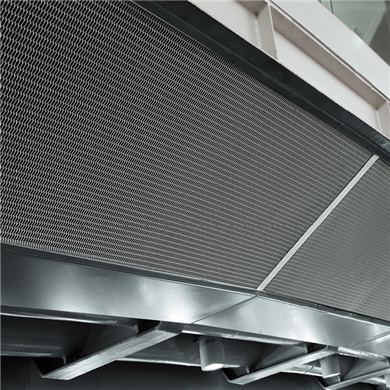
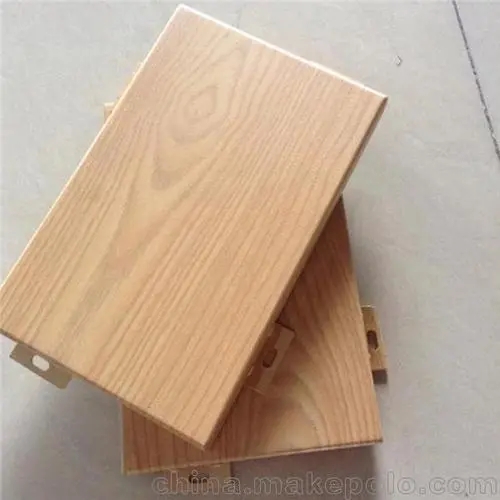
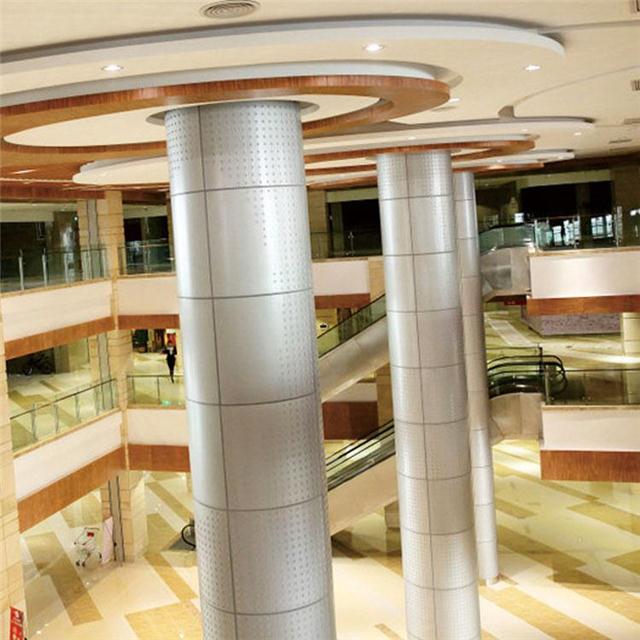
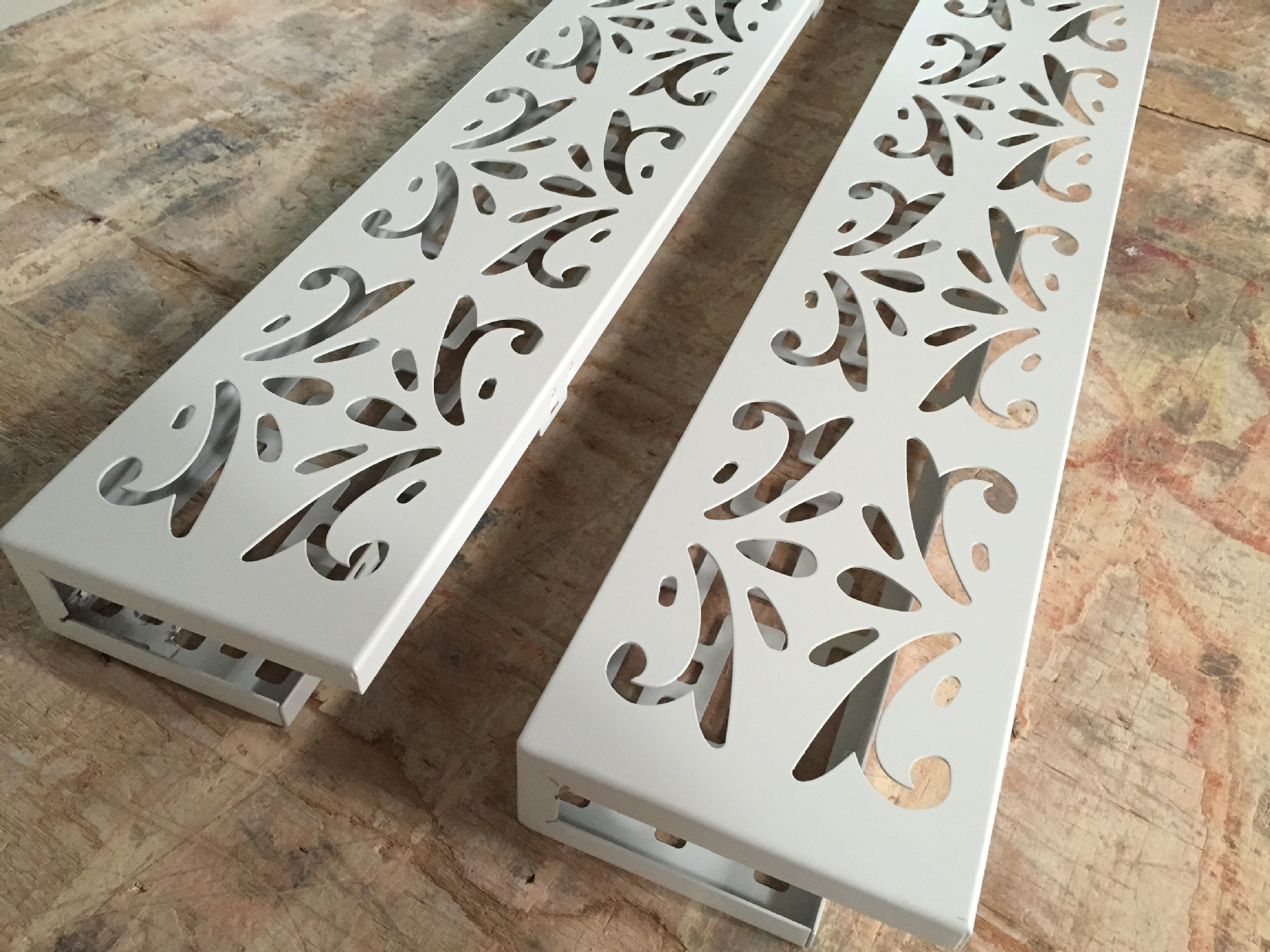
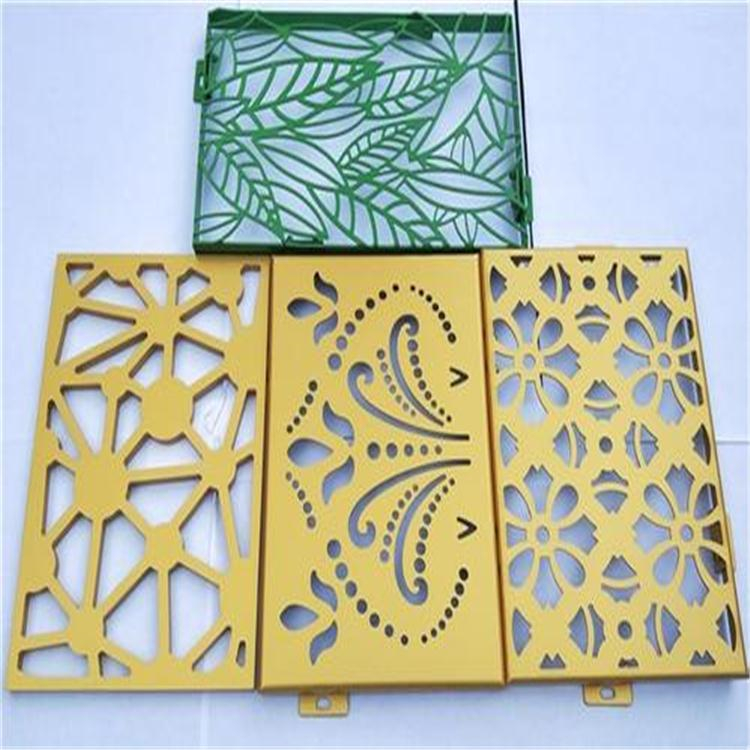
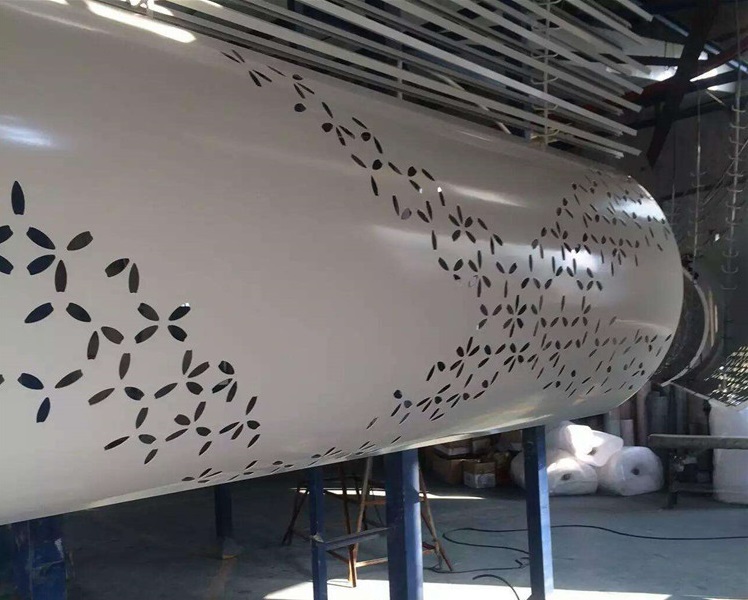
 Customer service QQ
Customer service QQ